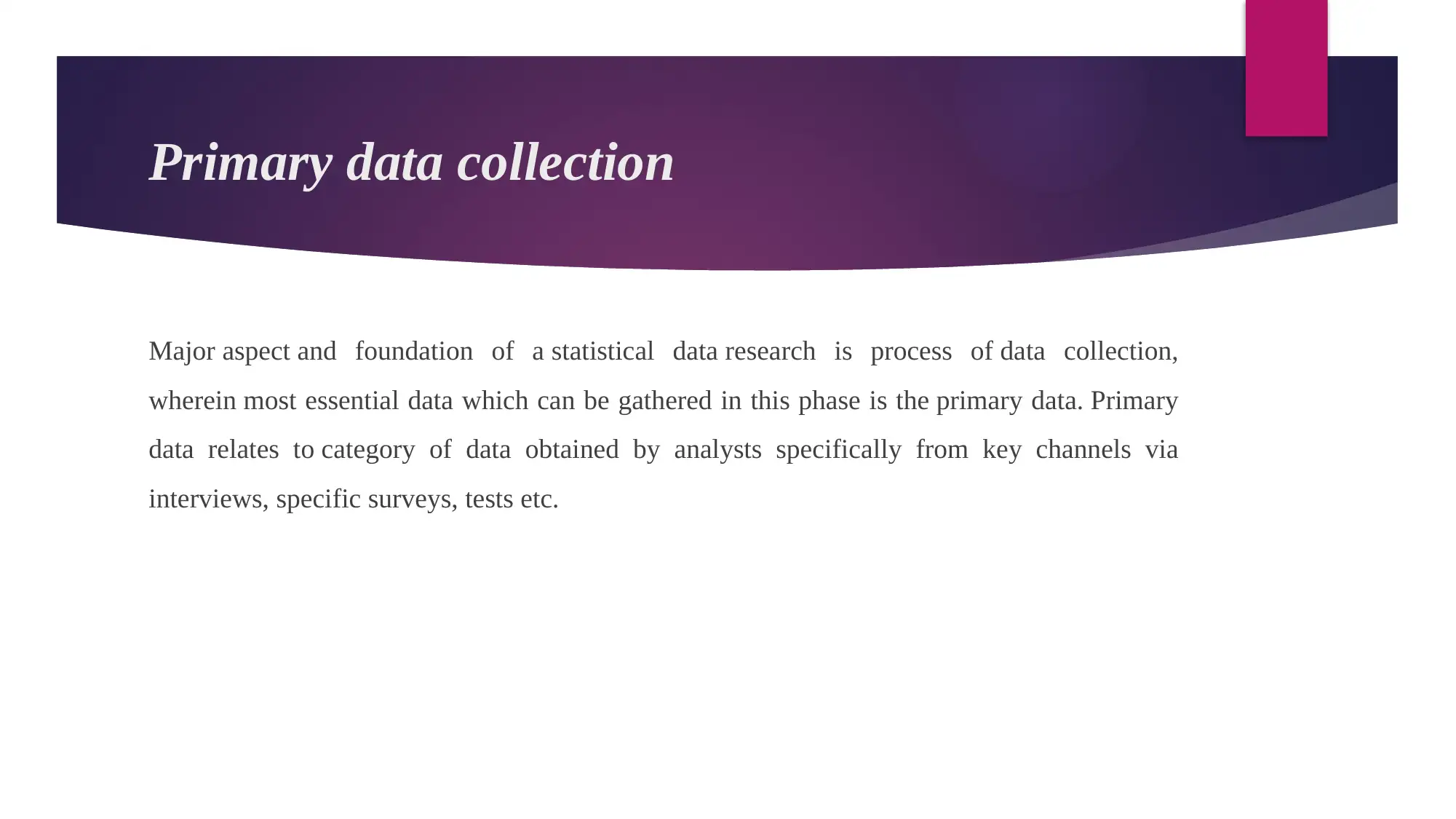Business Decision Making and Customer Analysis Report for Aldi Plc
VerifiedAdded on 2023/01/09
|17
|1207
|25
Report
AI Summary
This report offers a comprehensive analysis of Aldi Plc's business decision-making processes. It begins with an executive summary and introduction to the topic, emphasizing the significance of decision-making in corporate governance. The report details the primary data collection methods, including questionnaire design and the collection of customer demographics and preferences. Section A of the questionnaire focuses on personal details like age, gender, education, and income, while Sections B and C delve into attractive factors and customer preferences regarding product quality, online vs. offline purchasing, and service ratings. Secondary data collection involves analyzing market share, revenue, operating profit margin, and gross profit margin of Aldi Plc in comparison to its competitors. Key findings highlight the importance of location, pricing, discounts, and product portfolio based on primary data, while the secondary data analysis shows Aldi's growth in the market. The conclusion emphasizes the critical role of decision-making for a company's success and growth, with recommendations for Aldi to expand based on the study's findings.
1 out of 17


















![[object Object]](/_next/static/media/star-bottom.7253800d.svg)